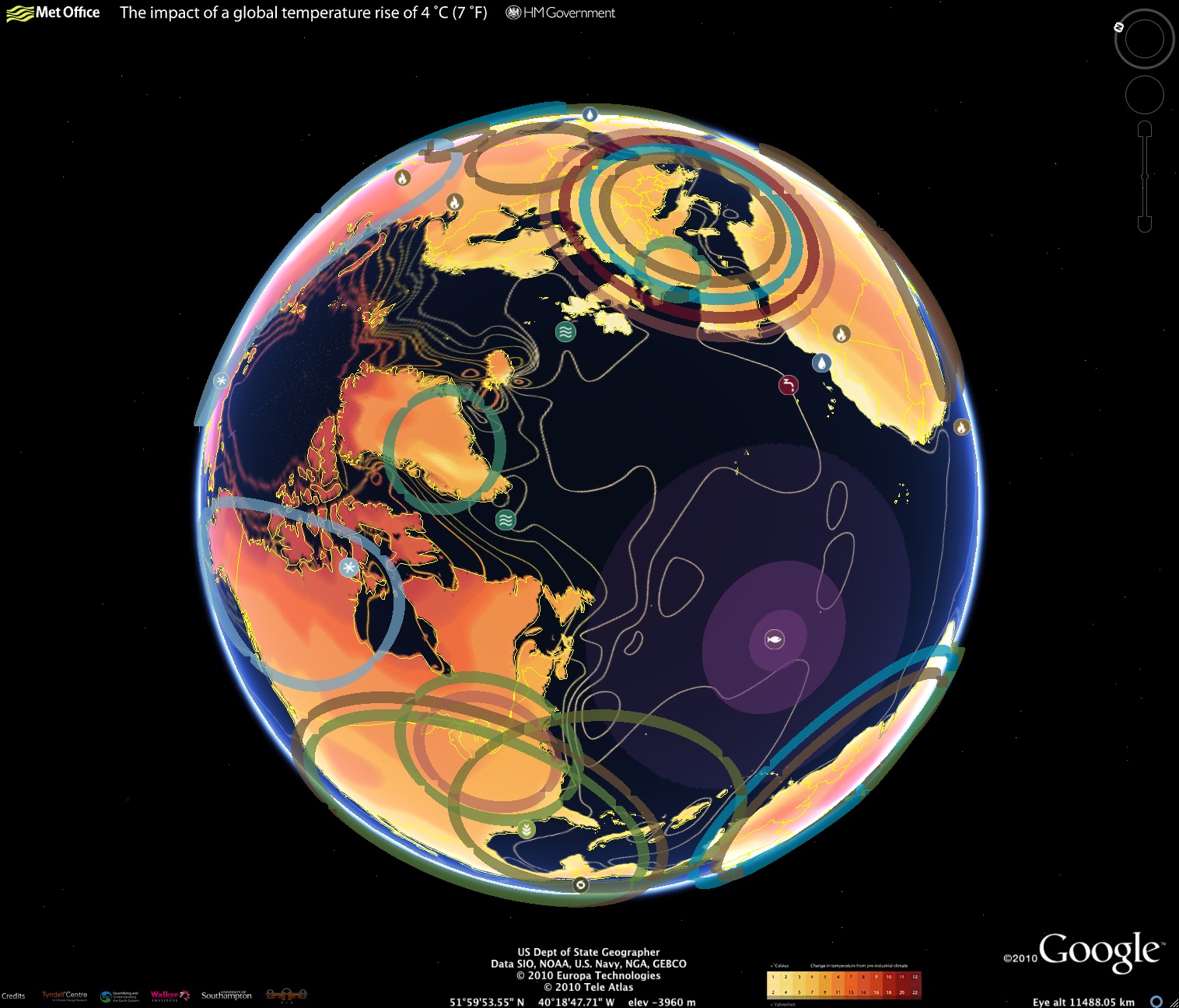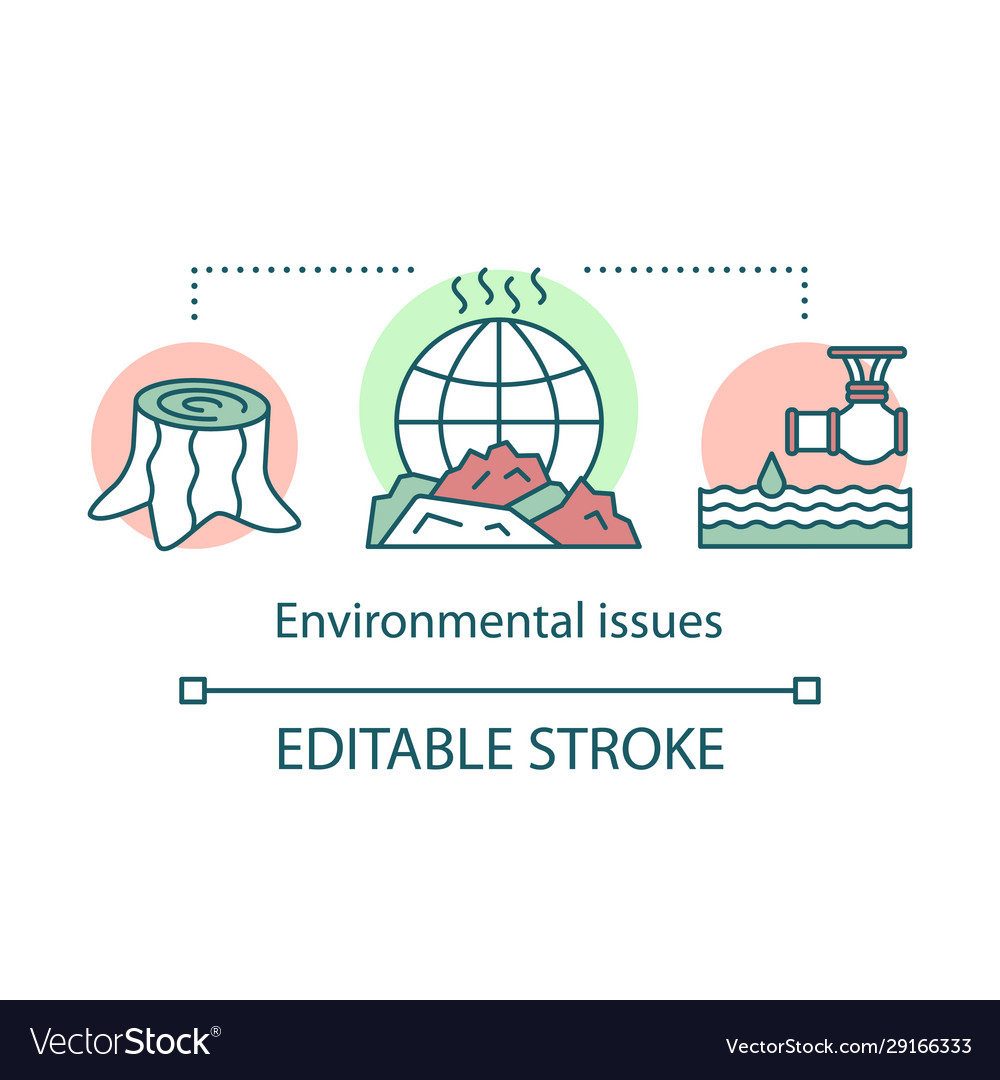
Science and climate have been a hot topic. Scientists agree that human activity can have a direct effect on global warming. Climate change is driven primarily by fossil fuel emissions, as it is well-known. However, Americans seem not to be actively engaged in this matter. More than any other administration, the Bush Administration has been ridiculed because of its handling on climate change issues. This situation presents an opportunity to reevaluate science and climate changes as an issue.

There are many factors that contribute to the current state science and climate change. These include the Bush Administration's use and misuse of uncertainty when describing climate change threat. Synecdoche is a type of rhetorical strategy used to reduce essential parts of a problem to an uncertain whole. This results in climate change being suppressed.
Synecdoche can be a useful rhetorical resource as it is capable to subordinating irony in order to create a pleasant atmosphere. It can provide a solution to a problem such as the irony that uncertainty. But, synecdochic reasoning can be faulty and take away the key parts of a problem. UCS's global climate change discourse tries to tie together the various components of a problem into an interconnected whole.
The UCS discourse on global warming tries to decrease the power of uncertainty by emphasizing the interconnectedness of the parts and the whole. The Bush Administration's uncertainties, on the other hand reinforce complacency or inertia. These attitudes are strengthened by the uncertainty of Bush Administration discourse, which increases the conflict between those who have a reasonable understanding of the problem and those who do not. Thus, the Bush Administration's discourse concerning global climate is a form de discursive construction. It emphasizes the uncertainty of this problem and challenges the scientific consensus.
However, the relationship between UCS and Bush Administration does not constitute a synecdoche. The UCS synecdoche is based on the assumption of uncertainty as the main problem in climate change. However, the Bush Administration has created uncertainty in a way that is not compatible. In fact, the Bush Administration's portrayal uncertainty strengthens inertia in order to combat climate change.

The UCS's method of exposing the Bush Administration's use of science to discuss global climate change is powerful. The UCS's approach to dissociating itself from Bush Administration's constructions of uncertainty is powerful. However, it also offers a synecdoche to illustrate how to reframe discourse on climate.
UCS's analysis reveals how the Bush Administration constructed uncertainty. It is an excellent example of how to reframe complicated problems by studying the rhetorical strategies being used in the discourse about global climate. It is possible to learn how to avoid falling prey to the rhetorical traps of faulty synecdochic reasoning when analysing the Bush Administration’s use of synecdoche.
FAQ
What is the current climate like? How is it changing?
The current climate is characterized by unprecedented uncertainty and change. Temperatures are increasing dramatically due to increased atmospheric carbon dioxide, which is leading to heat waves, droughts and changes in rainfall patterns.
These changes already have a profound impact upon ecosystems around the globe and are causing extinctions as well as disruption of habitats. They are also threatening lives and livelihoods for billions of people, especially those who live in areas with resource scarcity.
Increased average surface temperatures, which are caused by human activity, have led to an increase of extreme weather events, such as hurricanes or cyclones. As temperatures continue to rise, this trend is likely to continue.
Global climate change can have a wide range of effects, including rising food security and displacement caused by extreme weather or sea-level rise forcing communities to relocate. Climate change is also increasing social inequality bydisproportionately impacting marginalized communities who lack the necessary resources and knowledge to adapt.
While some countries have made progress in reducing carbon emissions, or implementing renewable energy initiatives, global action has not been taken at the level necessary to combat these changes. In order for us to prevent further disruption and devastation from climate change all nations must come together and take urgent action now while at the same time planning for adaptation in an increasingly uncertain world.
How does climate change affect extreme weather events?
Global warming directly links extreme weather events like heat waves, floods. droughts. cyclones. storms. Global warming has contributed to an increase in the atmospheric temperature.
According to climate scientists, the frequency of extreme weather-related catastrophes has more than doubled in the past 20 years. As sea temperatures rise, so do wind patterns. This impacts the normal distribution of storms or hurricanes in different areas across the globe.
The 2015 El Nino event caused warm water to move towards South America, leading to rising temperatures at alarming rates and heavy rains that caused floods in Peru (and Bolivia) causing property damage and displacement. Many places, including Antarctica has recorded its highest temperature ever. This is an indication of a strong correlation between global warming trends & the occurrence/frequency of extreme weather phenomena around the globe.
Another example is Hurricane Irma, which struck in 2017, causing $50 billion in economic damage not only to Florida, but also to other states like Puerto Rico, Cuba, and others. This proves once again that climate change has been responsible for an increase in major storms.
Intergovernmental Panel on Climate Change (IPCC), concluded human activities are increasing climate change's severity. This in turn leads to more frequent and severe natural disasters across the globe. Therefore, strong evidence is available regarding our relationship with extreme weather events happening at frequent intervals all around us.
How does human activity affect climate change
Climate change is caused primarily by human activity. According to the Intergovernmental Panel on Climate Changes (IPCC), more than 70% global warming has been caused by humans since the middle of the 20th century.
Carbon dioxide is released into the atmosphere by burning fossil fuels like oil, coal, and gas. This raises the already existing atmospheric levels of CO2 which acts as an "greenhouse gas", trapping heat from Earth's surface and increasing temperatures. As Arctic ice melts, this causes ocean levels to rise and can cause severe weather patterns all over the globe, including floods, droughts and storms that could lead to food shortages.
Deforestation is the removal of trees that store atmospheric carbon dioxide in their trunks. This happens when they use it during photosynthesis. Reduced forest cover can also increase albedo, which is the amount of reflected sunlight coming back into space. This reduces solar heat absorption at the surface of the earth and promotes global warming. The deforestation of forests can also affect the local air quality, which is directly linked to respiratory problems.
Farming: Animal agriculture accounts for between 14%-18% worldwide's total anthropogenic greenhouse gas emissions. Because of its high methane content, animal waste emits large amounts methane into the atmosphere. Reducing your intake of animal products is an effective way to lower your greenhouse gas emissions. Nitrous oxide can also be released into our atmosphere. This creates smog that harms our respiratory system.
In conclusion, although human activity has had a devastating impact on our environment for centuries, technological advancements have enabled us to focus our minds towards the future. Instead of relying on carbon-emitting heavy industry, we can use green innovation to create eco-friendly efforts that combat climate change effectively and ensure everyone's safety.
How does climate change politics impact global efforts?
Climate change has become a highly politicized topic that has caused great divisions among governments, nations, and individuals. The political stances taken by different actors will impact the implementation measures to combat climate changes. It has been difficult to reach a consensus on the global effort to address this urgent environmental problem.
Most scientists agree that humans are causing climate change. This is why it is urgent to act. These issues are often dominated by politics, which can hinder global cooperation that is necessary to implement sustainable energy practices, protect natural habitats, research viable technological solutions, as well as other climate change interventions.
Many governments in the world want to protect their economic interests, and enforce measures that limit business activities. This often conflicts with the regulations that experts recommend to address climate change efficiently. Without strong international commitments and wide-spread international action, it can be very difficult for any individual state or group of nations to address climate change effectively through legislation.
Differences in power dynamics among countries further complicate gaining full consensus on how best to tackle climate change. Countries with more economic power may appoint themselves to be represented on international bodies for negotiations about the environment. This can lead the to divisive discussions between the countries' interests and the collective interest. In addition, potential side effects from implementing radical changes such as geoengineering have been debated heavily at both national and international levels.
Also at the grassroots level, grassroots movements have fought against powerful opponents such as corporate ownerships. These lobbies are trying to preserve politically favorable positions for their industry especially when it is about funding research into alternative sources of energy production or enforcing Renewable Energy Technology mandates. If individual governments want to make valid progress in the subject matter themselves instead of seeking short-term benefits or spectacles, they must be clearheaded about possible outcomes.
Properly distributing resources allocated towards any intervention program while being mindful of political divisions between nations will be critical if any coordinated effort aimed at mitigating our current environmental crisis is going successfully to come to fruition.
How will climate change impact the world's oceans?
What are the effects of climate change on oceans and marine life around the globe?
Since its inception, climate changes have had significant impacts on the oceans of the world and the marine life that surrounds them. The constant oceanic heating caused by the loss of the ozone layers causes severe disruptions to marine ecosystems, leading to coral bleaching and species declines.
Climate change can also be linked to unpredictable weather and stronger storms. This can cause extreme sea level rises that can prove fatal for coastal areas. Temperature changes can also cause water levels to drop, causing "dead zones", areas where there is less marine life.
Climate change is also contributing to ocean acidification, caused by excess carbon dioxide released into the atmosphere that accumulates within the oceans. Ocean acidification causes an increase in pH which affects the vital functions of animals such as crabs, clams, and oysters that cannot adapt to changing conditions.
Higher temperatures can also cause changes in natural habitats. They may shrink or change their geographical location, making it unhabitable for species that depend on them. An increase in ocean stress can accelerate already high extinction rates of many species around the world, resulting in a severe imbalance between predators/prey that could eventually lead to total extinction.
Climate change has ripple effects on entire ecosystems, affecting multiple species directly and indirectly. Evaporation, lowering water volumes, or temperature shifts can all impact sustainable development of fisheries and other maritime activities. Overall climate change continues one by one wiping out entire species from our planet transforming future lives on land but most importantly deep below the surface of our oceans.
Statistics
- features Earth's average surface temperature in 2022 tied with 2015 as the fifth warmest on record, according to an analysis by NASA. (climate.nasa.gov)
- According to the 2014 report on Climate Change Impacts, Adaptation, and Vulnerability (page 8) from the United Nations Intergovernmental Panel on Climate Change, governments at various levels are also getting better at adaptation. (climate.nasa.gov)
- Indigenous peoples and local communities receive less than 1% of all climate funding despite scoring wins for people and nature Africa's broken food markets must be fixed to tackle hunger (climatechangenews.com)
- This source accounts for about 10% of all the water that enters this highly productive farmland, including rivers and rain. (climate.nasa.gov)
- The 100 least-emitting countries generate 3 per cent of total emissions. (un.org)
External Links
How To
How to make your house more energy efficient and combat climate change
Making your home energy-efficient is one of the best ways to reduce your carbon footprint, save money on utility bills, and make life more comfortable.
Your home should be properly sealed and insulated. You should ensure windows and doors are correctly installed, check for drafts around pipes, vents, and add weather stripping where needed.
Insulate your walls, ceilings, and floors to maximize energy efficiency. You should inspect your attic and other areas for leaks.
Lighting accounts for up to 18% of total household electricity usage so make sure you switch to LED light bulbs which use up to 80% less electricity than traditional incandescent ones! You can also save money by installing motion sensors and timers to turn off lights when they are not needed.
The cost of replacing an old furnace or boiler can be reduced dramatically by using newer models that are more efficient. A programmable thermostat allows you to control the temperature based on who is home and who is away.
Replace all windows with double-glazed replacements that provide greater insulation and prevent heat loss. Low-flow showerheads, which are low in water consumption, can be bought. They maintain an adequate pressure level and reduce water usage.
Replace appliances with ENERGY STAR rated products since they use up to 50 % less power than non-certified models. It's important to remember the little things, such as not plugging your phone chargers or TV boxes, which could help you save significant amounts of energy.
These simple steps can reduce your impact on the climate and help you live more efficiently at home.